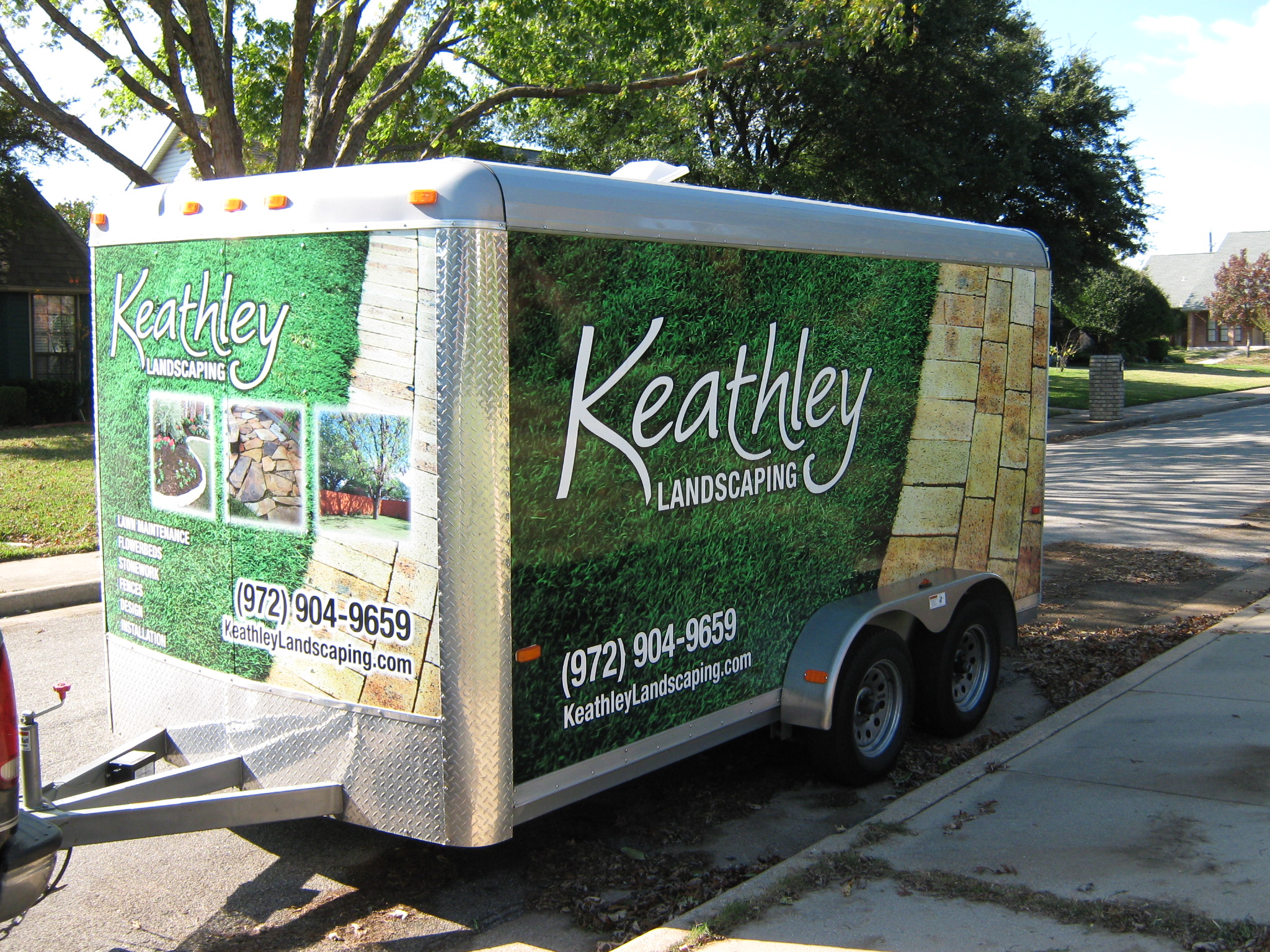Landscape Lighting for Water Conservation: Smart Solutions
Welcome to an enlightening (pun intended! 🌟) blog post where we explore how landscape lighting can play a pivotal role in water conservation. With increasing awareness about environmental sustainability, it’s essential to find creative solutions that blend beauty with responsibility. Discover how to illuminate your garden while saving water with smart landscape lighting solutions.
Table of Contents
1. Introduction
2. The Connection Between Lighting and Water Conservation
3. Smart Lighting Solutions for Your Landscape
4. Tips for Implementing Water-Conserving Lighting
5. Conclusion
6. FAQs
The Connection Between Lighting and Water Conservation
You might be wondering, what’s the link between landscape lighting and water conservation? 💡 Well, it’s all about efficiency and intelligent design. When you use energy-efficient lighting, such as LED lights, you reduce the overall energy consumption. This, in turn, decreases the strain on water resources used in energy production. Moreover, strategic lighting can help in reducing water waste by illuminating areas that need irrigation and preventing overwatering.
Smart Lighting Solutions for Your Landscape
Let’s dive into some practical and innovative solutions that can transform your garden into a water-wise wonderland.
1. LED Lighting
LED lights are a no-brainer for any eco-friendly landscape. They consume up to 75% less energy than traditional incandescent lights, which means less water is used in energy production. Plus, they last longer, reducing waste. 🌿
2. Solar-Powered Lights
Harness the power of the sun! Solar lights not only save on electricity bills but also help conserve water by reducing the need for energy derived from fossil fuels. They charge during the day and illuminate your garden at night, providing a sustainable lighting solution. ☀️
3. Motion Sensors
Why have lights on all night when you don’t need to? Motion sensors ensure that lights only turn on when needed, minimizing energy use and, consequently, water consumption related to energy production. They’re perfect for pathways, driveways, and entrance areas. 🚶♂️
4. Smart Timers and Controllers
Install smart timers that align with your irrigation system. By synchronizing lighting and watering schedules, you can ensure that both systems work efficiently without overlapping unnecessarily. This coordination can prevent overwatering and ensure optimal energy use. ⏰
Tips for Implementing Water-Conserving Lighting
Ready to get started? Here are some handy tips to make your landscape lighting project a success:
• Plan strategically: Focus on key areas that require lighting and ensure they align with your garden’s watering needs.
• Use reflective surfaces: Position lights to reflect off walls or water features, enhancing brightness without extra fixtures.
• Regular maintenance: Clean and maintain your lights to ensure they operate efficiently and last longer.
Conclusion
By integrating smart landscape lighting solutions, you can beautifully illuminate your outdoor space while playing a part in water conservation. It’s all about making informed choices that benefit both your garden and the planet. So, light up your night and save water, one LED at a time! 💧💡
FAQs
1. How does landscape lighting help conserve water?
Landscape lighting helps conserve water by using energy-efficient solutions that reduce the overall energy consumption, thereby minimizing the water used in energy production.
2. Are solar-powered lights effective for large gardens?
Yes, solar-powered lights can be very effective for large gardens. They come in various sizes and brightness levels, and you can strategically place them to cover extensive areas.
3. Can I install smart lighting solutions myself?
While some smart lighting solutions, like solar lights, are easy to install yourself, it’s advisable to consult with a professional for more complex systems like motion sensors and timers to ensure proper setup and integration.
4. How often should I maintain my landscape lighting?
Regular maintenance every few months is ideal to ensure your lights are clean, functioning properly, and providing optimal efficiency.
5. Do LED lights really make a significant difference in energy consumption?
Absolutely! LED lights consume up to 75% less energy than traditional bulbs and have a longer lifespan, significantly reducing energy consumption and associated water use.






































Recent Comments